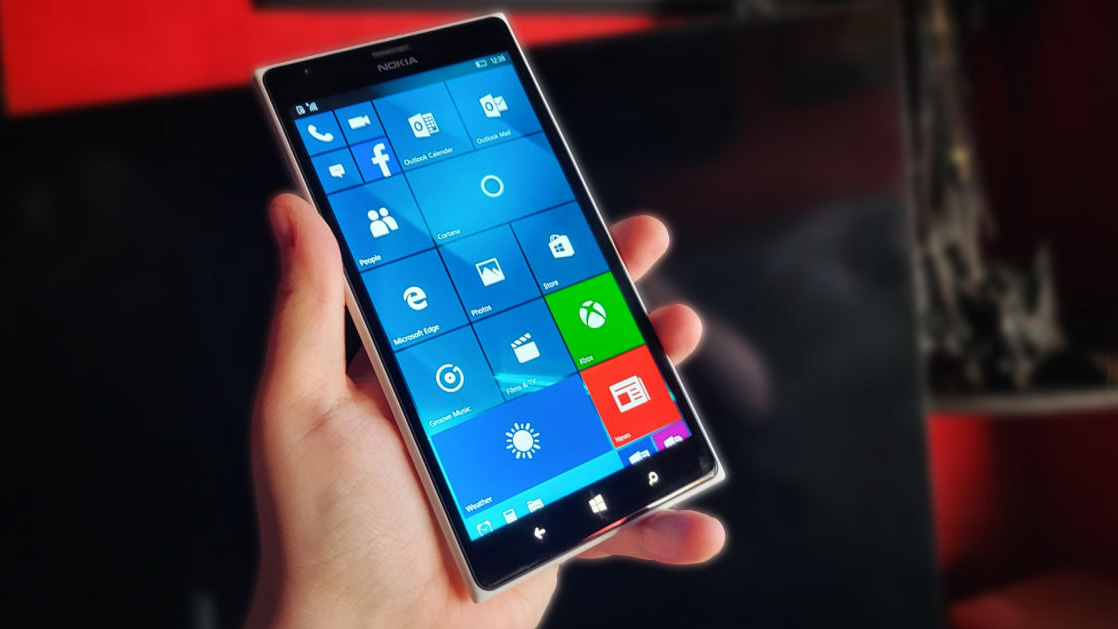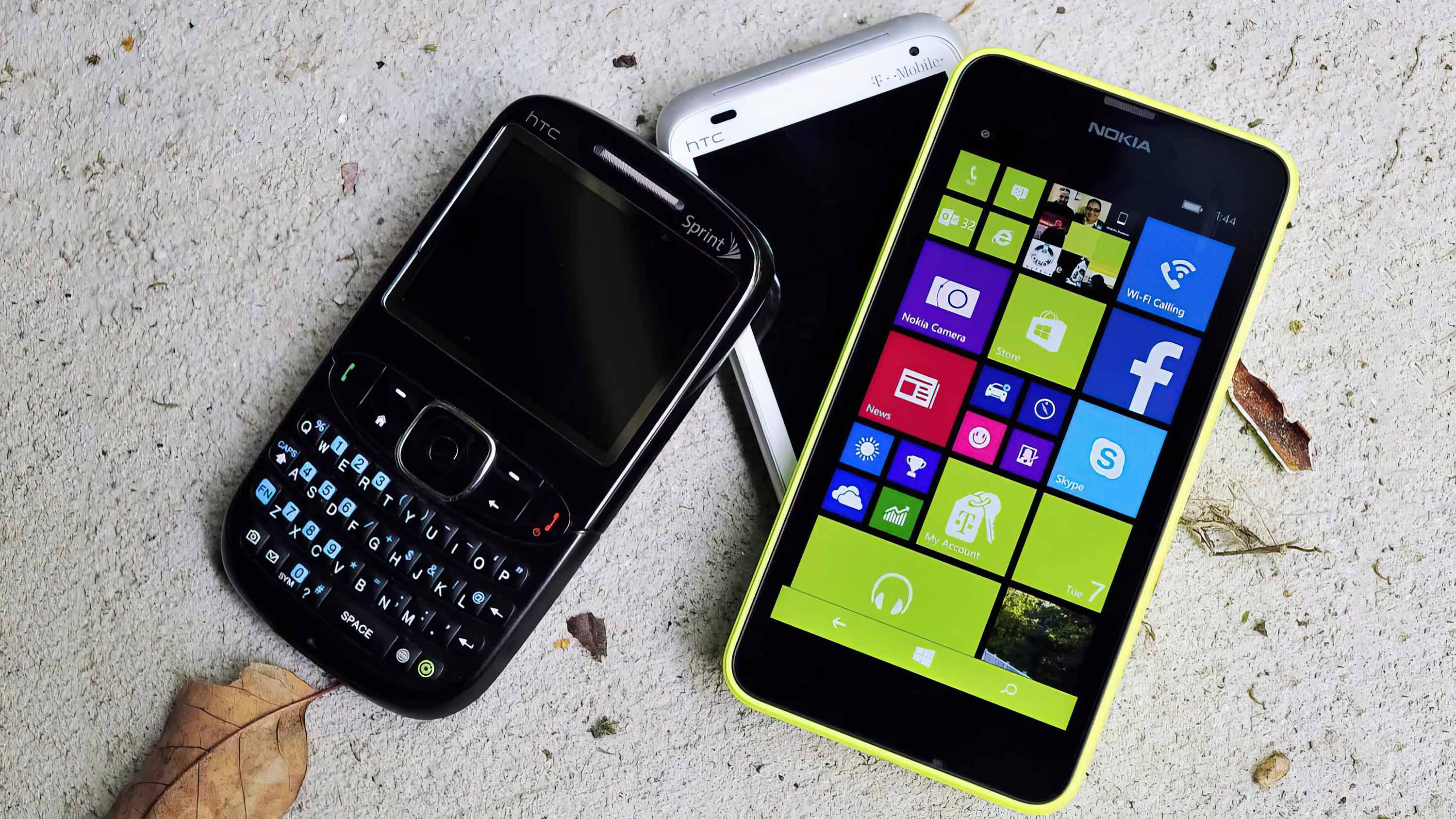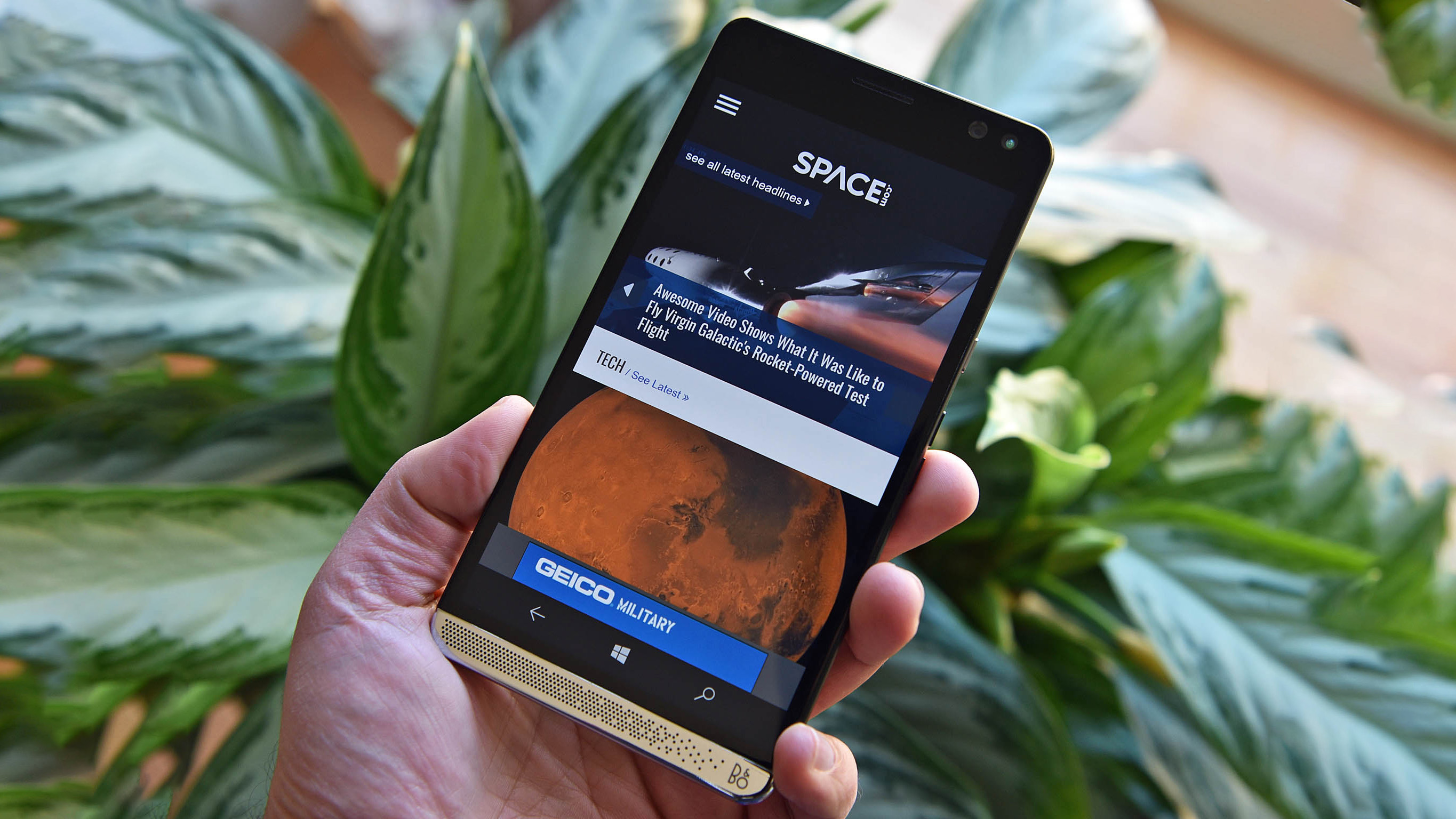Carrier disinterest led to Windows Phone downfall, says former lead developer
Windows Phone devs lament an 'uphill battle' against carriers.

All the latest news, reviews, and guides for Windows and Xbox diehards.
You are now subscribed
Your newsletter sign-up was successful
What you need to know
- An ex-head of the Windows Phone Developer Experience at Microsoft has revealed why Microsoft pulled the plug on the devices.
- The developer pinpointed the lack of interest by carriers as the main reason that led to the "untimely demise" of Windows Phone.
- In an interview, Microsoft CEO Satya Nadella disclosed that cutting support for the device was one of the hardest decisions he has ever made, citing that it was a "strategic mistake."
Killing off Windows Phone might be perhaps one of the hardest (and worst) decisions Microsoft has ever made to date. Even CEO Satya Nadella recently echoed these sentiments in an interview, citing that pulling the plug on Windows Phone was a "strategic mistake."
While the Windows Phone ship has seemingly sailed off completely, avid fans and users of the "futuristic" device like our Managing Editor, Jez Corden, or Senior Editor, Zac Bowden, who can't seem to let it go, never had real clarity (or even, humor me, "closure") on why Microsoft decided to pull the plug.
But now, a former head of the Windows Phone Developer Experience at Microsoft, Brandon Watson, has shed more light on the matter. The developer took to X (formerly Twitter) to provide a more detailed account and reasoning behind the move in a reply to The Verge's Tom Warren.
We were fighting an uphill battle trying to get the carriers to feature our phones with their sales people. You're just not going to win if you're getting generation behind handsets from Samsung, LG, etc. This was a primary reason why we had to buy Nokia. Even with that, getting…October 24, 2023
Per the post shared by the developer, the company was struggling to get carriers to feature the phones with the sales team. This, in turn, prompted Microsoft to buy Nokia (throwback,) but still, it was an "uphill battle" to gain the attention of the sales personnel who were more focused on the iOS hype. Consequently, this negatively impacted in-store sales.
Watson explains:
"They would focus on us for a week or two around a launch, and then we got pushed to the corner of the store. The go-to answer was always to point to the size of the app store, which is just a lazy answer. Unfortunately, the sales people in the carrier stores would default to that answer, and then that's game over."
"We had a lot of the major apps, but if you're missing that one core app that a salesperson used in the top 50, that ripple effect from that one salesperson was a really rough go. The combinatorial math got out of control when you consider the number of salespeople and the likelihood of one of their required top 50 apps not being on the Windows Phone platform."
All the latest news, reviews, and guides for Windows and Xbox diehards.
Why did Windows Phone fail?

As far as I can tell, there's no one answer to this question. Windows Phone, in my opinion, was years ahead of its time, running fast and fluid on basic hardware compared to most Android phones at the time. It was also unique and could potentially subdue Apple's and Google's duopoly in the mobile scene if only Microsoft held on a little longer.
Google and Apple were more invested in mobile compared to Microsoft. As such, this made it harder for the company to compete on an even playing field. For this reason, users were more inclined toward Apple and Google devices.
Lack of developer support was also a major pressure point for Microsoft. Windows phones weren't as popular as other operating systems like Android and iOS. As such, developers focused more on these platforms due to their massive user bases.
Will Windows Phone make a surprising comeback?

It's highly unlikely that Microsoft will reincarnate Windows Phone after pulling the plug on the project. Besides, if recent events are anything to go by, the chances of this happening are slim to none. In September, the company announced it was dropping official software support for the first-generation Surface Duo after just two Android firmware version updates.
For this reason, I'm sad to admit that I don't think Microsoft will bring back Windows Phone.
I've been following Windows Phone discussions on Reddit for quite some time now and stumbled on an interesting poll at the r/Windows subreddit asking users whether they'd like Microsoft to bring back Windows Phone. Surprisingly, out of the 1,936 votes, only 895 people want the phone to make a comeback.
Would you like to see Windows Phone make a comeback? Let me know in the comments.

Kevin Okemwa is a seasoned tech journalist based in Nairobi, Kenya with lots of experience covering the latest trends and developments in the industry at Windows Central. With a passion for innovation and a keen eye for detail, he has written for leading publications such as OnMSFT, MakeUseOf, and Windows Report, providing insightful analysis and breaking news on everything revolving around the Microsoft ecosystem. While AFK and not busy following the ever-emerging trends in tech, you can find him exploring the world or listening to music.
